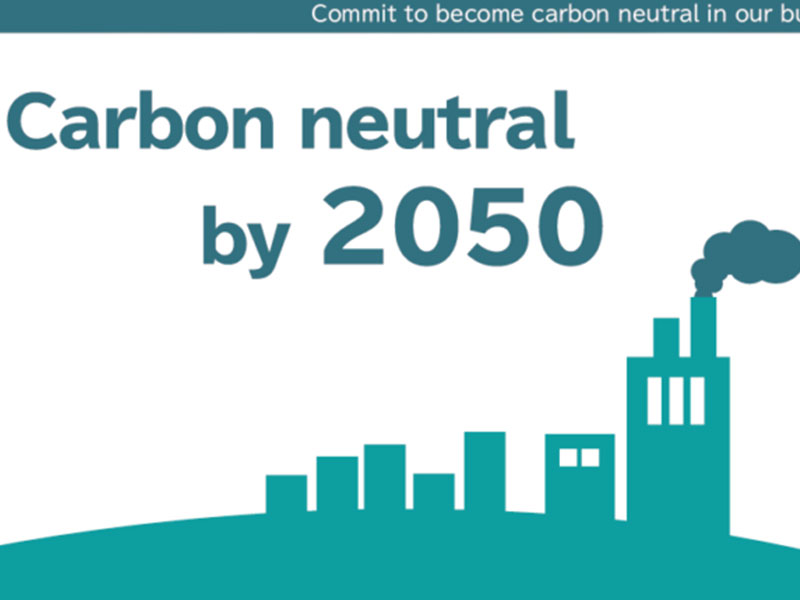In a landmark decision, Sri Lanka’s cabinet of ministers has approved a comprehensive road map and strategic plan to achieve carbon neutrality by 2050, marking a significant step towards a sustainable future for the island nation. This ambitious goal aligns with Sri Lanka’s commitment under the Paris Agreement to reduce greenhouse gas emissions and combat climate change.
The meticulously crafted plan, titled “Carbon Net Zero – 2050 Roadmap and Strategic Plan,” outlines a series of concrete measures to curb greenhouse gas emissions and enhance carbon sequestration. Formulated following extensive consultations with stakeholders, the plan identifies key areas for intervention, including:
Accelerating the transition to renewable energy sources: Sri Lanka aims to harness its abundant renewable energy potential by increasing the share of renewables in its electricity generation to 70% by 2030.
Promoting energy efficiency and conservation: The plan emphasizes the need for energy-efficient technologies and practices across various sectors, including industry, transportation, and buildings.
Enhancing carbon sequestration: Afforestation and reforestation efforts will play a crucial role in increasing carbon sinks, removing carbon dioxide from the atmosphere.
Sri Lanka’s commitment to carbon neutrality is deeply rooted in its recognition of the urgent need to address climate change. The nation’s vulnerability to climate impacts, such as rising sea levels and extreme weather events, underscores the importance of proactive measures to mitigate climate risks and build resilience.
The implementation of the Carbon Net Zero – 2050 Roadmap and Strategic Plan will require a concerted effort from all stakeholders, including government agencies, private businesses, and civil society organizations. With unwavering dedication and collaboration, Sri Lanka is poised to achieve its ambitious carbon neutrality goal, paving the way for a cleaner, healthier, and more sustainable future.







